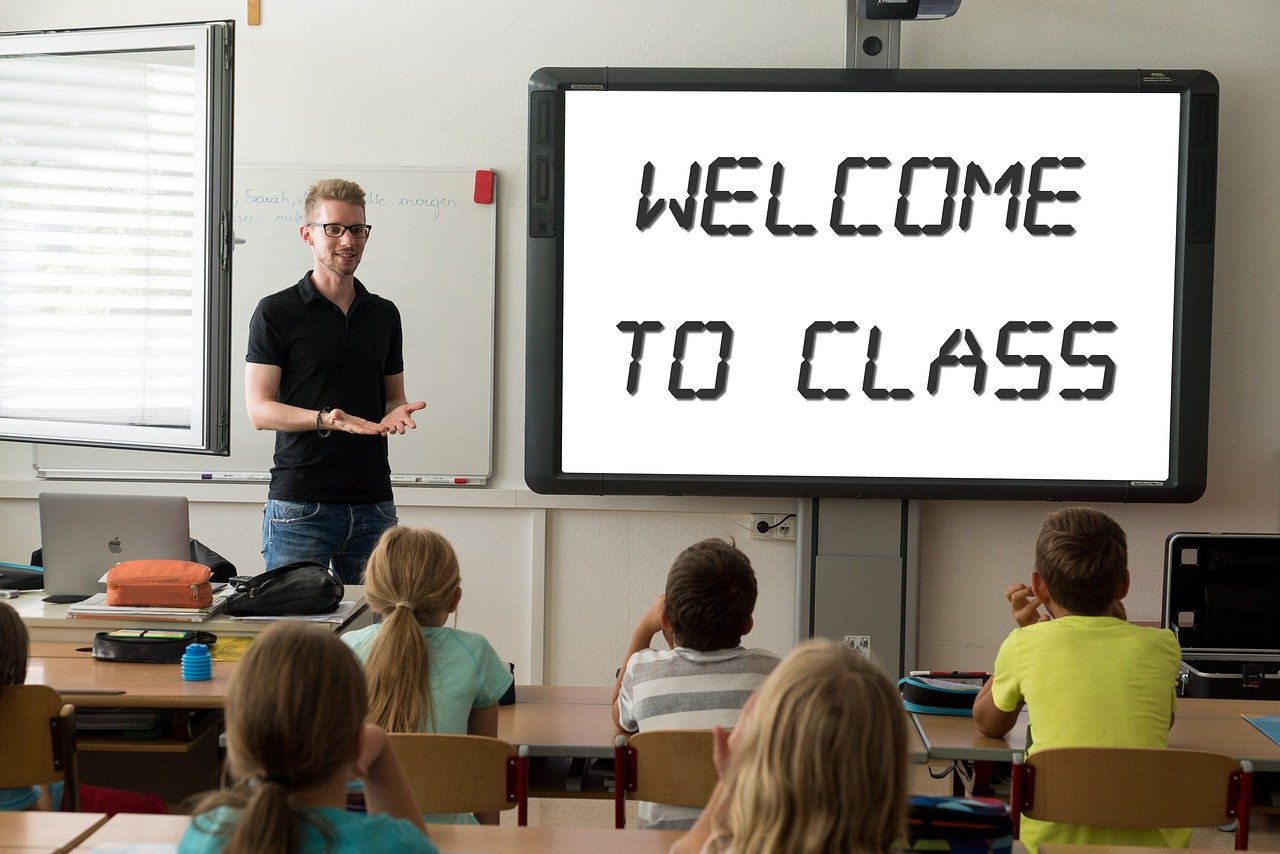Are you looking for strategies to teach students to behave appropriately in a small group setting? If so, keep reading.
1. Do not force the student to take part in group situations.
2. Select a peer, paraprofessional, friend, etc., to sit/work directly with the student (e.g., in various settings such as art, music, or P.E. or various learning activities such as tutoring, group projects, running errands in the school building, recess, etc.).
3. Ask the student questions that cannot be answered yes or no.
4. Ask the student a question when they are most likely to be able to respond successfully (e.g., something in which the student is interested, when the teacher is sure the student knows the answer, etc.).
5. Try several groups to ascertain the situation in which the student is most successful.
6. Get peers to invite the student to take part in school or extracurricular learning activities.
7. Ask the student to be the leader of a cooperative learning experience if they possess mastery or an interest in the learning experience.
8. Let the student be present during group learning activities without requiring active participation.
9. Get the student to work with one or two other group members. As the student becomes more comfortable, slowly increase the size of the group.
10. Show respect for the student’s opinions, responses, suggestions, etc.
11. Provide the student the chance to pick a topic or learning experience for the group to work on together.
12. Go over group rules and expectations at the beginning of each cooperative learning experience.
13. Provide the student the chance to select a cooperative learning experience and the group members (e.g., along with the teacher, decide what the learning experience will be and decide what individual group members will do, etc.).
14. Designate the student a role to perform in the cooperative learning experience that they can perform successfully (e.g., secretary, researcher, group behavior monitor, etc.).
15. Consider using a classroom management app. Click here to view a list of apps that we recommend.
16. Consider using an adaptive behavior management app. Click here to view a list of apps that we recommend.
17. Consider using Alexa to help the student learn to behave appropriately. Click here to read an article that we wrote on the subject.
18. Click here to learn about six bonus strategies for challenging problem behaviors and mastering classroom management.





